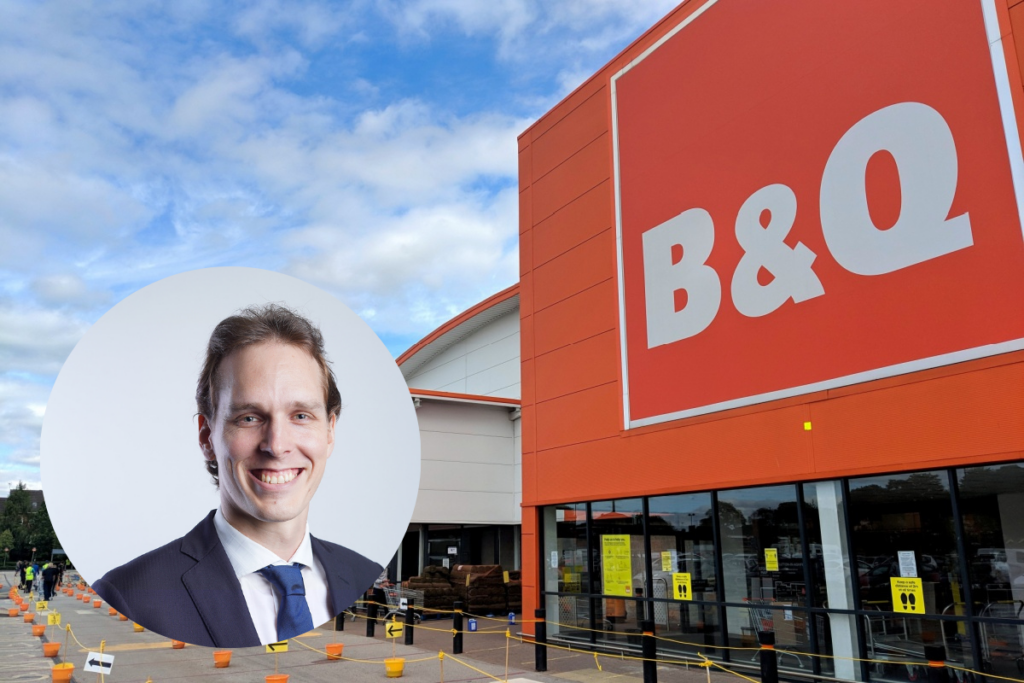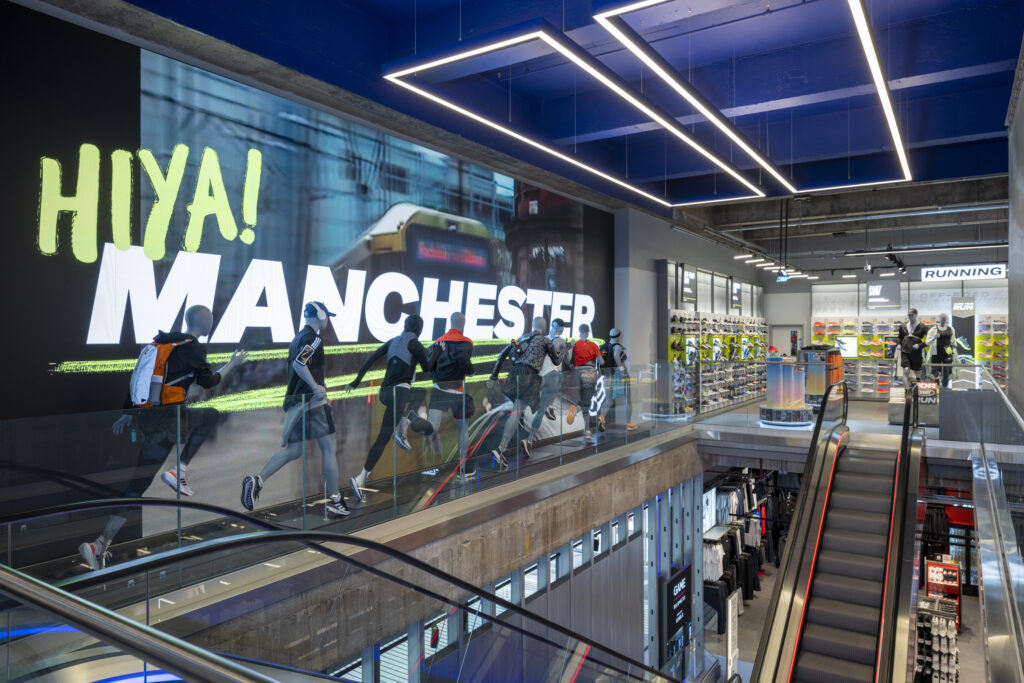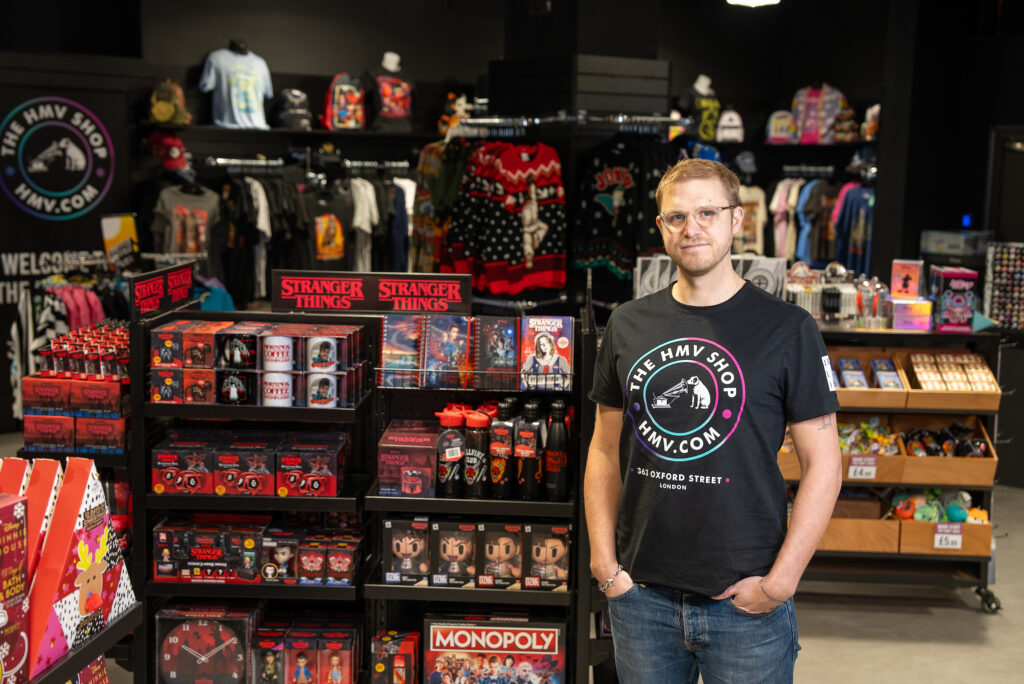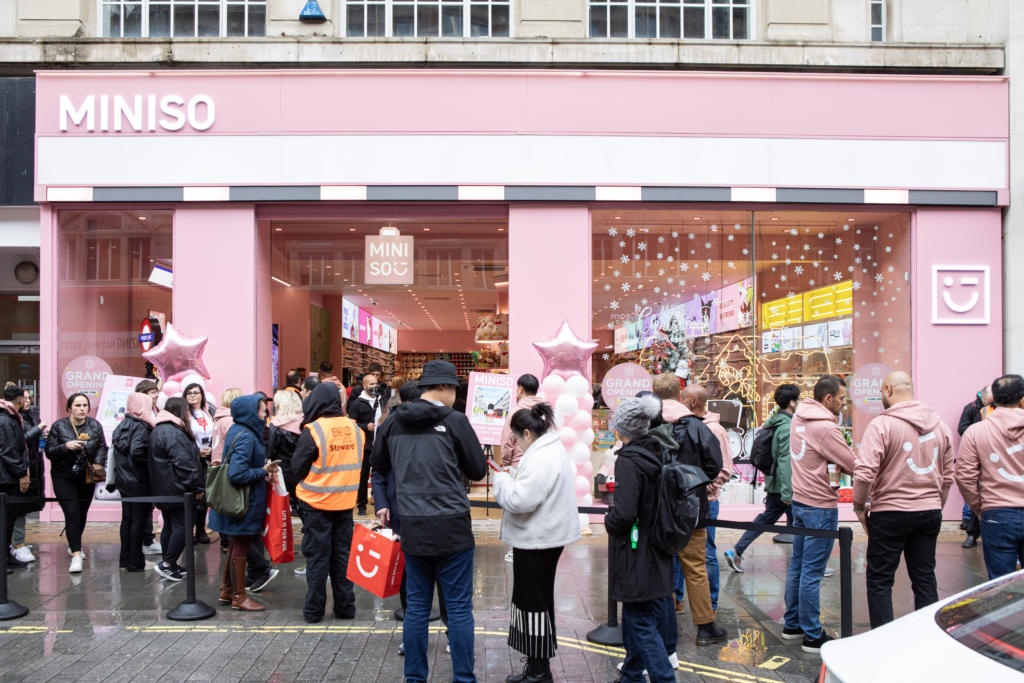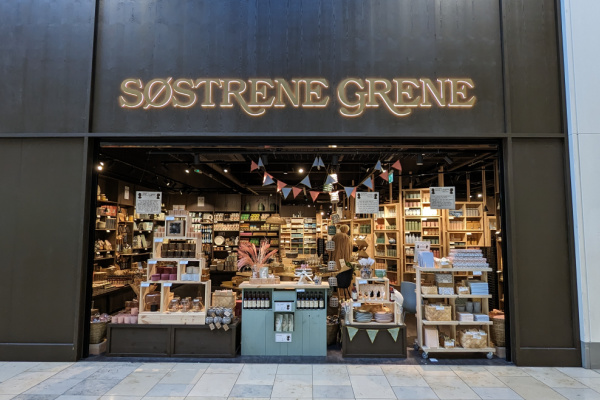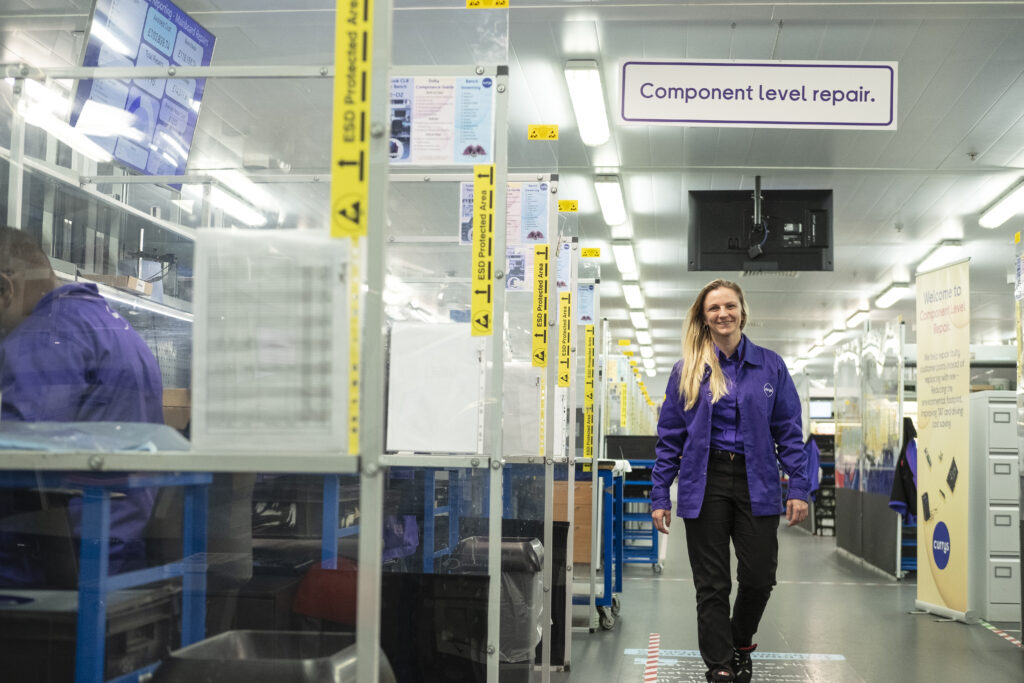In 2000, the number of 16-34-year olds who owned a house in the UK was 53 per cent, while the number of over 65s in the same position sat at 68 per cent. In 2016 this gap increased to 34 per cent and 77 per cent respectively.
This disparity between generations goes far beyond the housing crisis. Last year it was found that the UK has the largest generation gap in the EU over social attitudes towards immigration. The chasm between generations, both in terms of lifestyle and outlook has never been deeper.
The year 2000 was also when retail veteran Kim Winser was drafted in to transform struggling fashion brand Pringle. In less than five years she “morphed one of the oldest fashion labels in the world from frumpy to fabulous,” collecting an OBE for her services to the industry just a year later.
This stark turnaround was achieved through a number of initiatives. She launched a retail division leading to new flagships in the heart of London’s busiest shopping districts, she brought international licenses back in-house and launched Pringle products on the runways in Milan.
One outstanding and unique aspect of Winser’s strategy though, is bringing the wisdom and experience of senior staff together with the young and energetic.
I asked every single division to recruit young and from education. In every single area of the business we have both experienced and young
“It’s all about the blend,” Winser told the Retail Gazette.
“I need the experience, you’ve got to have people that know exactly what they’re doing, how they’re doing it, how to network it. But then you put every single one of them with the young and fresh and you get a two-way benefit.”
Since 2012 Winser has been focusing on her own brand, Winser London, in which this strategy lies at the heart.
“I asked every single division to recruit young and from education. In every single area of the business we have both experienced and young,” she added.
“That has been a really healthy formula to help develop the business.
“I thought it was all going to be gifting to the young. It’s been much better than that, it’s been two-way. The youngsters have turned around and given us really great new ideas and kept us really fresh.”
The concept appears to be working. Last year, Winser London saw 40 per cent growth, while expanding its international business to account for 20 per cent of overall sales. All this was achieved with next to no expenditure on digital marketing, relying on its reputation within the industry and word of mouth.
Far from simply taking in young fresh talent in order to develop the next generation of retail leaders, Winser London adopts the “younger start-up mentality” at its core.
The concept behind its inception was born out of a realisation that consumer needs were changing rapidly.
“Gone are the days where you could buy in one autumn for the next autumn and take months to do development and deliveries,” Winser said.
“Years ago, you could already see this changing and its actually getting quicker. We can see that consumers are wanting much quicker immediate gratification. They are shopping in different ways, they see a picture and they want to buy it.
“They haven’t got time to go through three different bodies before you get to the customer, they immediately want that look.”
By focusing on minimising the supply chain, aiming to work closely with fabric mills and designers so as to cut out any middlemen, while striving to maintain quality, Winser London has carved out its niche.
“You don’t have to buy to fill space, it’s a different thinking,” Winser explained.
“I really liked that and thought it allows you to really buy exactly what the consumer wants. It is a different business model.”
With new strategies come new challenges. Fast fashion retailers with staggering turnaround times like Zara are faced with a seemingly endless battle to ensure working conditions in their factories are fair.
Winser’s fresh approach to the supply chain, alongside the overriding culture of inclusion throughout her business, could go some way to tackling this issue.
There will be some of the big retailers that won’t survive unless they dramatically change the way they’re working
“I believe hugely that my manufacturers are part of my team and we work with them as partners,” she explained.
“We’ve walked the floors of our factories. I think it’s really important that it isn’t going to be more and more distant.”
In fact, Winser believes that the adoption of new mentalities and ways of doing business can do more for the fashion industry than decrease turnaround times. With long-established fashion houses like New Look and Debenhams in financial straits, many of the industry’s biggest names could depend on it.
“Some of the bigger players have got to have some of the younger startup mentality,” Winser added.
“The only way you can survive is to have huge energy and determination on innovation. Some of the biggest people are just going, and will continue to go.
“There will be some of the big retailers that won’t survive unless they dramatically change the way they’re working. If they don’t adopt these new approaches, it’s a vicious world.”
Winser’s success has long made her a role model for women hoping to carve out their retail careers. Yet her forward facing strategy and attitude of inclusion, recognising the benefits of both the experienced and the young, should make her a figure of wisdom across the business world and country at large.
Kim Winser will be speaking on the impact of digital retail on sourcing at Fashion SVP, 16 – 17 January, Olympia, London, www.fashionsvp.com
Click here to sign up to Retail Gazette’s free daily email newsletter



